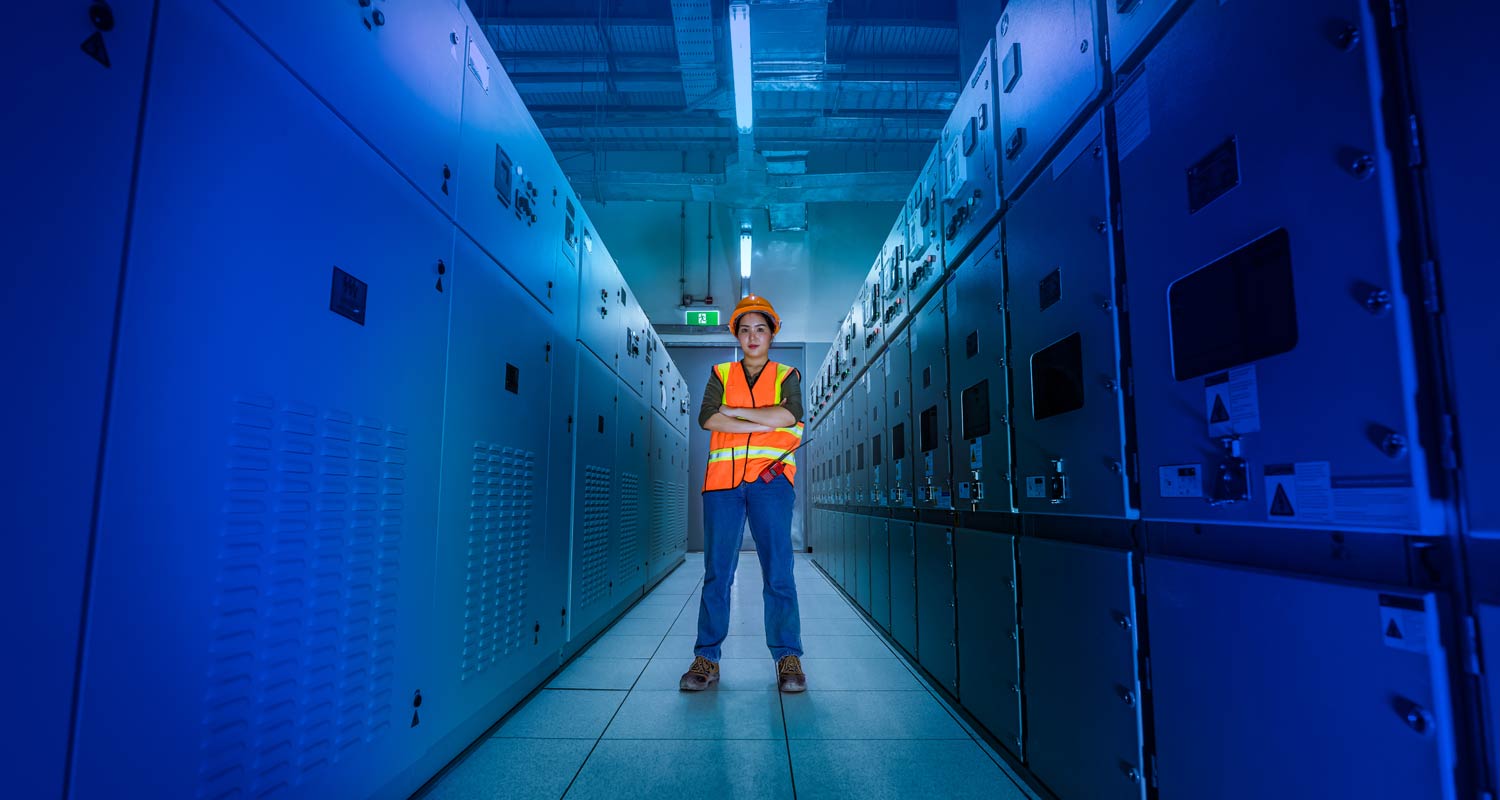 The artificial intelligence boom is giving some of Europe’s biggest industrial companies a welcome lift as they weather weaker manufacturing demand from Asia to North America.
The artificial intelligence boom is giving some of Europe’s biggest industrial companies a welcome lift as they weather weaker manufacturing demand from Asia to North America.
ABB, Siemens, Legrand and Schneider Electric have seen a surge in orders for data centre infrastructure — server racks, electrical equipment and cooling technologies — that allow AI giants like Nvidia to build faster and more efficient computing models.
Data centre revenues for the six biggest electrical firms reached €20-billion last year, double what they were five years earlier, according to Redburn Atlantic analyst James Moore. He predicts sales to grow around 15% on average through to 2027 for those companies, including US peers Vertiv Holdings and Eaton.
“The AI gold rush is nothing that I have seen in the last 20 years in the data centre industry,” Pankaj Sharma, executive vice president of the secure power division at Schneider Electric, said in an interview. The division provides both the hardware and supporting software for data centres.
Chips used for AI consume much more power than other applications and are packed closer together in high-density servers, meaning the heat they generate has become much harder to dissipate. Companies like Schneider Electric and Siemens provide the equipment and technology to keep them from overheating.
Schneider has 17% revenue exposure to data centres, with cooling technologies a key part of its offering. Liquid cooling in particular – where a coolant passes through a pipe that is physically adjacent to the server – can lower temperatures in high-density data centres more effectively than simple air cooling.
Dramatically higher
“From an opportunity standpoint, the need for deployment is dramatically higher than it has ever been in any previous cycles, like e-commerce, bitcoin mining or the metaverse,” Schneider Electric’s Sharma added.
Siemens is benefiting from orders for its low- and medium-voltage electrification infrastructure, as well as technology around cooling systems, like temperature sensors and flow meters.
“Right now, more of our pipeline of opportunity is AI related than is traditionally related,” said Ciaran Flanagan, Siemens’ global head of data centre solutions.
The excitement around AI has waned recently as investors started to wonder when investments will start paying off, but Siemens’ CEO Roland Busch still sees growth ahead.
“The amount of data is growing, the amount of number crunching is growing. So therefore, our projection is that the electrification market, it’s really on a super cycle,” he said on the company’s most recent earnings call.
 For Siemens, which has seen some weakness in its automation business, electrification exposure is essential. And Bloomberg Intelligence analysts Omid Vaziri and Bhawin Thakker said companies with strong sales alignment to grid, data centres and AI “may continue convincing investors about opportunities to outperform cautious 2024-2025 expectations”.
For Siemens, which has seen some weakness in its automation business, electrification exposure is essential. And Bloomberg Intelligence analysts Omid Vaziri and Bhawin Thakker said companies with strong sales alignment to grid, data centres and AI “may continue convincing investors about opportunities to outperform cautious 2024-2025 expectations”.
Yet, demand for power still outstrips its supply, and planning permission delays are holding back data centre development. Until those bottlenecks are addressed, the earnings potential from building AI infrastructure will still face limits.
“The market thesis for those companies is well understood, but the big debate is, how long does this go on for?” asked Citi analyst Martin Wilkie. — Chloé Meley, (c) 2024 Bloomberg LP




